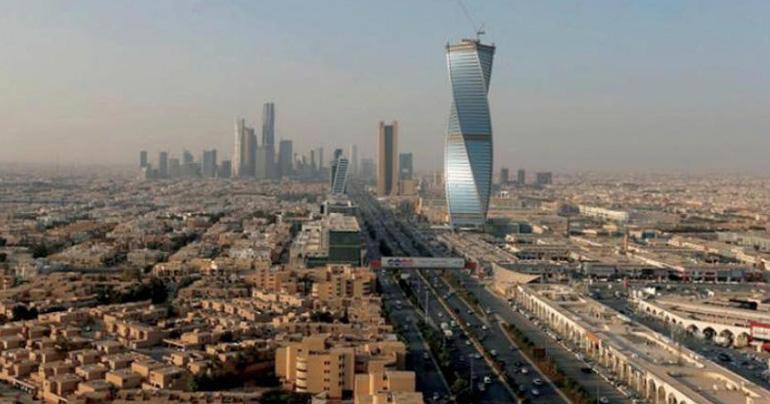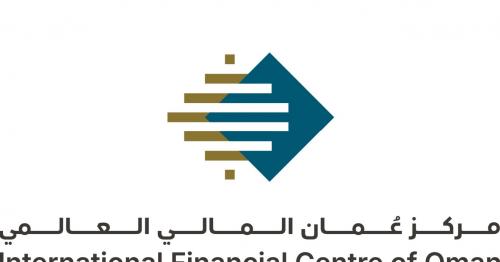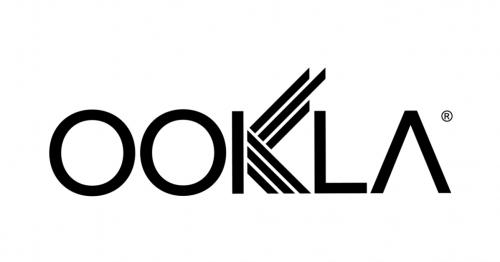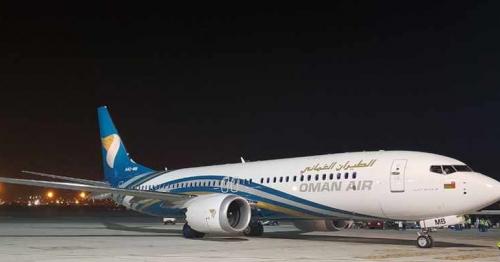Oman to have best growth rate in GCC in 2020, says World Bank
The Sultanate's development rate is required to spike to six percent in 2020, because of profits from the Tanfeedh program for monetary broadening, just as proceeded with ventures to extend its oil and gas segment, with the Khazzan gas fields being focused for noteworthy extension.
The figures were referenced in the World Bank's Gulf Economic Monitor just as its Oman: Economic Update for April 2019.
While development in Oman is anticipated to plunge to 1.2 percent in 2019 from 2.1 percent a year ago, it was conjecture to bounce up to six percent in 2020.
The report likewise included that broadening speculation would keep on supporting development in 2021 and the medium term.
In examination, Bahrain's development is anticipated to achieve 2.2 percent in 2020, while Kuwait's economy is probably going to develop at around three percent.
Qatar's development is evaluated at 3.4 percent, and in Saudi Arabia, development is normal at the rate of three percent. The UAE's development rate is additionally conjecture at three percent in 2020.
The Oman Economic Update stated: "Development is anticipated to ease back to 1.2 percent in 2019 as Oman's responsibility to the December 2018 OPEC+ yield cut compels oil creation. There will be an erratic spike in development to six percent in 2020 as the administration plans to fundamentally build interest in the Khazzan gas field.
"The potential lift from the expansion speculation spending would keep supporting development in 2021 and the medium term," the report includes.
The Gulf Economic Monitor of the World Bank included: "The beginning of creation at the $5 billion Raba Harweel Project, the biggest endeavor by Petroleum Development Oman, and an arranged sizeable interest in the Khazzan gas field, together claimed by British Petroleum and Oman Oil and slated to expand flammable gas generation by 50 percent to 1.5 billion cubic feet for each day, could goad GDP development in Oman to 6 percent in 2020.
"From that point, development is anticipated to slide back to 2.8 percent in 2021," as indicated by the World Bank report "Development towards the finish of the figure time frame is relied upon to be bolstered by private non-oil venture, including from permitting a hundred percent outside responsibility for (subject to an edge on capital), executing a proposed new Foreign Capital Investment Law, changing key divisions of the economy, and expanding the utilization of Public Private Partnerships (PPP)."
Business analysts and money related organizers in Oman said this development rate mirrored the normal positive results of the Tanfeedh plans.
Dr Anchan CK, a venture counsel in the nation, stated: "Oman keeps on offering a solid incentive for organizations, with a wide scope of modern homes and extraordinary monetary zones (SEZs) adding to the fascination. Oman's geostrategic area is additionally a significant favorable position, while ports and airplane terminals interface it to a portion of the world's busiest exchanging courses and most powerful markets. The push to build producing speculation is additionally upheld by government intends to animate the pace of privatization."
What's more, Tawfiq Al Lawati of the Majlis Al Shura said while this was great, expansion expected to keep on guaranteeing development was accomplished in future also.
"This is great on the grounds that, for the private segment, it implies more business," he said. "Ideally, it will result in more occupations made, particularly for local people," he said. "For instance, should we locate a six percent expansion in occupations made for local people, a comparable rate increment in the quantity of organizations set up, and furthermore, we need a progressively enhanced economy, in light of the fact that the oil costs changes, and regularly, administrations are connected to this cost. However, regardless of whether this development is brief, it is great, and as long as possible, we need to discover different options and not depend just on oil costs as we need different wellsprings of salary."
Remarking on this, Issam Abousleiman, the Regional Director of the GCC Countries, MENA Region, at the World Bank Group, said the majority of the countries in the district were expanding far from their conventional oil-and-gas-based petroleum product wellsprings of pay, and called attention to four noteworthy regions of change that should have been led.
"In the first place, nations should expand and catch up the basic changes propelled with their vision proclamations," he clarified. "Monetary alteration remains a proceeding with need in perspective on the GCC's over-dependence on oil incomes and assembly of non-oil charge incomes. Accomplishing spending efficiencies is a similarly significant plan. Separating efficiencies in open spending on wellbeing and instruction, for instance, are inseparably connected with encouraging human capital arrangement.
"Second, financial broadening will be progressively maintainable in the event that it is private part driven," included Abousleiman. "Generally, the drive for monetary expansion must be coordinated by changes to upgrade the practicality of private segment movement and empower hazard taking by the private area. Third, a crucial piece of the area's financial change and basic change plan is human capital development. Putting resources into individuals isn't just inside the control of policymakers and useful for the economy, yet it additionally has more extensive ramifications for welfare, flourishing and value."
He likewise said that it was significant for Oman and the other GCC countries to check out their nationalization programs when it came to supplanting outside work with gifted nearby workforces.
Abousleiman stated: "It might be valuable to think about the results accomplished so far with the present endeavors on workforce nationalization. While work creation is the overall objective of the more extensive drive for broadening, supportable business would require an energetic private segment that can retain gifted work and a work advertise that takes into consideration adaptability, ability building and sensible pay."
Share This Post






